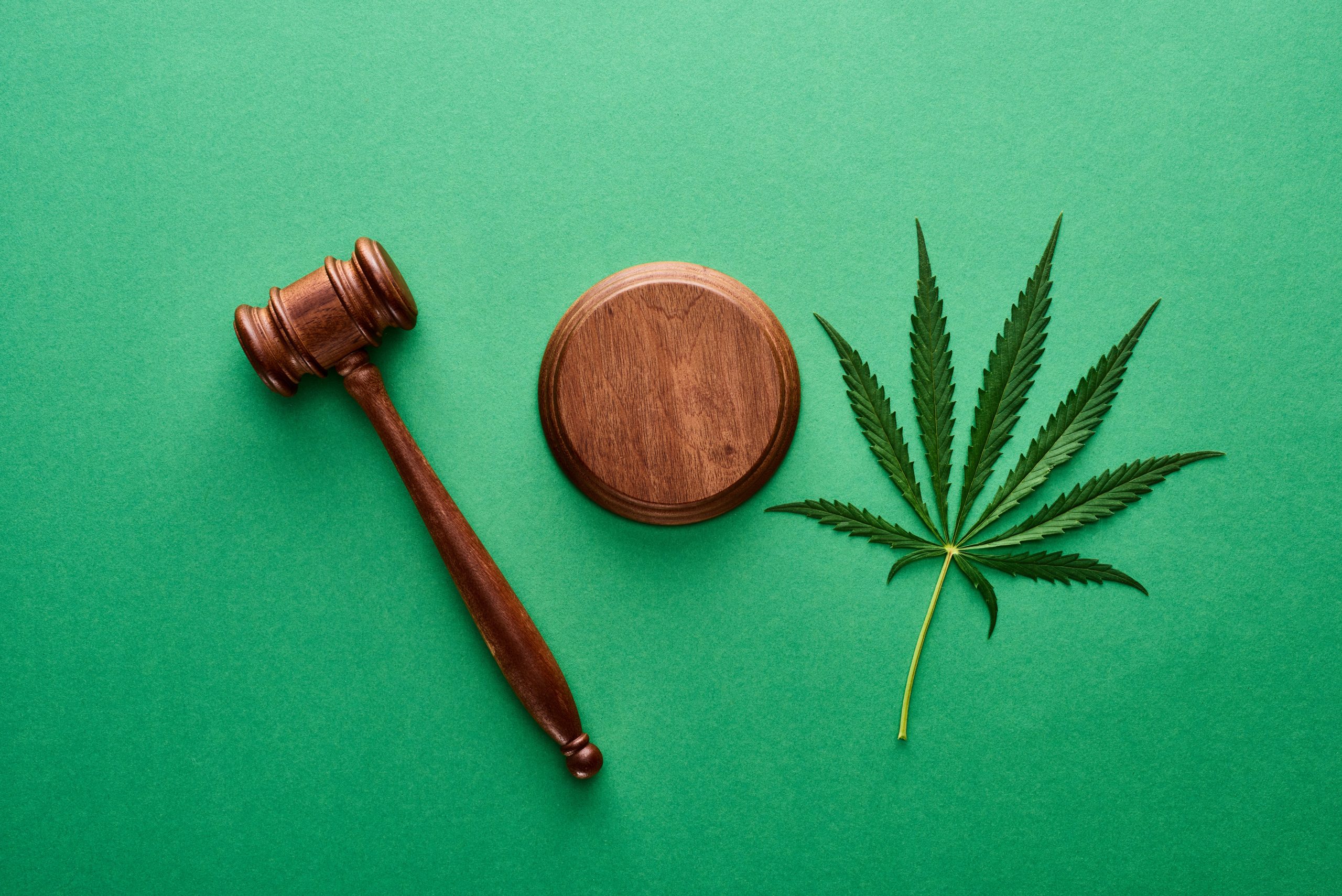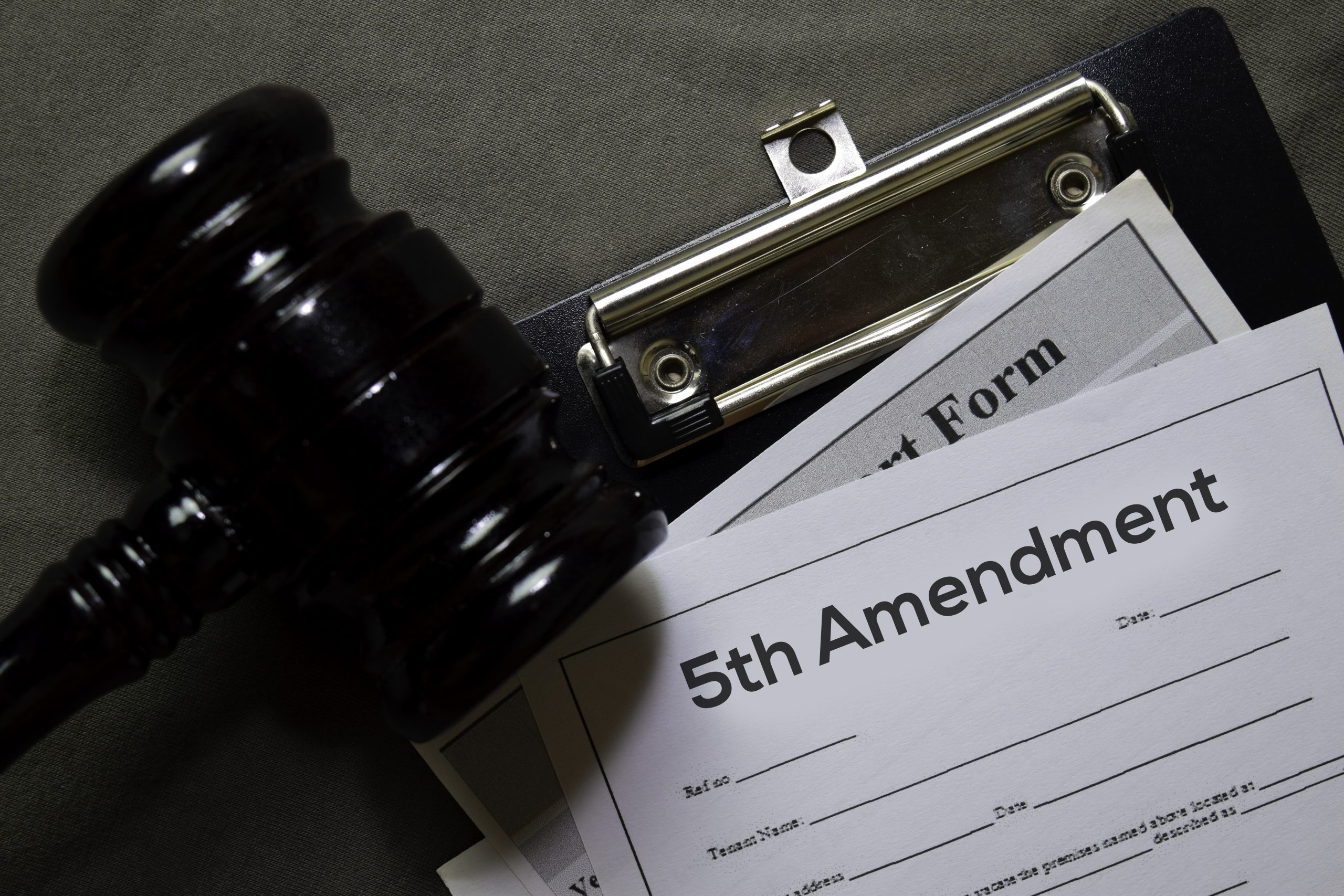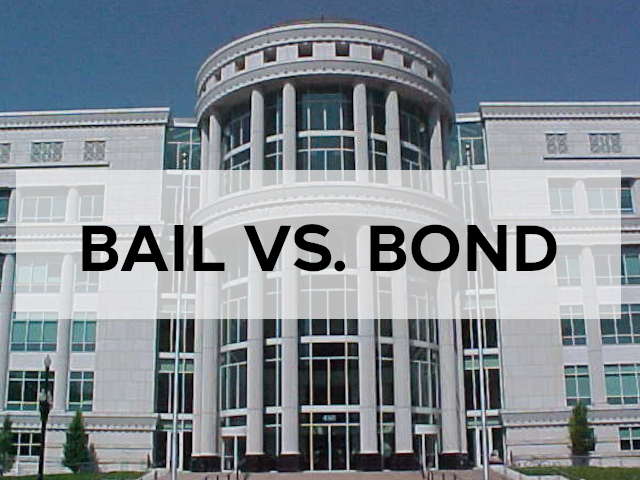DISCLAIMER: Altiorem Legal Services (hereinafter, “Altiorem”) cannot and does not provide legal advice. Altiorem is not a law firm; Altiorem’s staff are not attorneys, cannot act as attorneys, and do not act as attorneys; and any information provided by Altiorem in this article or otherwise is not a substitute for legal advice from an attorney. The information contained in this article should not be construed as legal advice, as it is not intended to be legal advice; the information in this article is provided for educational purposes only. Again, none of the information provided in this article should be construed as legal advice, and nobody should rely on or use the information contained in this article in their legal matters.
IS MARIJUANA LEGAL IN UTAH?
Marijuana is a controlled substance in the State of Utah unless one is using it for medicinal purposes.
Knowing that marijuana is a controlled substance in Utah, the following applies:
It is unlawful for a person to knowingly and intentionally (1) produce, manufacture, or dispense, or to possess with intent to produce, manufacture, or dispense, a controlled or counterfeit substance; (2) distribute a controlled or counterfeit substance, or to agree, consent, offer, or arrange to distribute a controlled or counterfeit substance; or (3) possess a controlled or counterfeit substance with intent to distribute.1Utah Code § 58-37-8, Prohibited Acts – Penalties.
As a result, marijuana is illegal in the State of Utah unless one has a medical marijuana card.
HOW TO OBTAIN A MEDICAL MARIJUANA CARD IN THE STATE OF UTAH
If a person has an advanced practice registered nurse or physician who believes that the person’s qualifying illness could benefit from the use of marijuana, the advanced practice registered nurse or physician can issue a recommendation to obtain a medical marijuana card allowing that person to purchase and use marijuana for medical purposes. One cannot be charged with possession of marijuana if one has been prescribed it, if one obtained the marijuana legally through a legal dispensary, if the marijuana is dosed medically, and if the device one is using to consume the marijuana is a medical cannabis device approved by the Utah Code regarding marijuana laws. If one has a medical marijuana card but obtains marijuana from a source that is not licensed, the possession of that marijuana can be cited. If one has a medical marijuana card from a different state, it is valid in Utah. A parent, legal guardian, or caretaker can also possess marijuana if the purpose of the possession is to administer it medically to the patient.2Utah Code § 58-37-3.7, Medical cannabis decriminalization.
Again, to obtain a medical marijuana card, one must receive a recommendation from a qualified medical provider, which includes physicians, osteopathic physicians, advanced practice registered nurses, and physician assistants.3Utah Code § 26-61A-106. Furthermore, one must have at least one of the following qualifying conditions:
- HIV or acquired immune deficiency syndrome (AIDS);
- Alzheimer’s disease;
- Amyotrophic lateral sclerosis;
- Cancer;
- Cachexia;
- Persistent nausea that is not significantly responsive to traditional treatment except for nausea related to pregnancy, cannabis-induced cyclical vomiting syndrome, or CBD hyperemesis syndrome;
- Crohn’s disease or ulcerative colitis;
- Epilepsy or debilitating seizures;
- Multiple sclerosis or debilitating muscle spasms;
- Post-traumatic stress disorder (PTSD) is being treated and monitored by a mental health therapist and that: has been diagnosed by a health care provider or mental health provider by the VA and documented in the patient’s record; or has been diagnosed or confirmed by evaluation by a psychiatrist, doctorate psychologist, a doctorate licensed clinical social worker, or a psych APRN;
- Autism;
- Terminal illness when the patient’s remaining life expectancy is less than six months;
- A condition resulting in the individual receiving hospice care;
- A rare condition or disease that affects less than 200,000 individuals in the U.S., as defined in federal law, and this is not adequately managed despite treatment attempts using conventional medications (other than opioids or opiates) or physical interventions;
- Pain lasting longer than two weeks that is not adequately managed, in the qualified medical provider’s opinion, despite treatment attempts using conventional medications other than opioids or opiates or physical interventions; and
- If a patient does not have a qualifying condition specifically named, they may petition the Compassionate Use Board to approve their medical cannabis card.4Utah Code § 26-61A-104.
If one has one or more of the above qualifying medical conditions, and a doctor is willing to recommend cannabis to treat it, then the next step would be to go to a qualified medicinal cannabis clinic. With a doctor confirming—usually via a letter—that a patient has one or more of the above conditions, then the qualified medicinal cannabis clinic would use that to fill out the information required confirming that the patient indeed has the medical condition(s) and that they would benefit from cannabis to treat it. The qualified medicinal cannabis clinic would then send the information to the Utah government, and in a few days, the Utah government will either issue the card to the patient or a denial. However, it is rare for a patient with a qualifying condition to be issued a denial. Once the application is approved, the Utah government would then send the medicinal marijuana card via email to the patient for the patient to print it out or otherwise keep safe and easily available to use in a dispensary, show to a police officer if one is caught with marijuana, or otherwise legally use.
Obtaining a medical marijuana card in Utah is relatively easy and painless, especially if one has a qualifying condition.
WHAT IS THE PUNISHMENT FOR POSSESSING MARIJUANA?
If one does not have a medical marijuana card, it is not legal to possess marijuana. The punishment for being convicted of possession of marijuana in Utah depends on how much marijuana one has in their possession.
The unauthorized possession of marijuana in Utah is usually charged as a class A misdemeanor. One’s first conviction usually comes with a lesser charge, but if it is not the first charge, the penalties one could face can be very serious. Additionally, if one has more than 100 pounds of marijuana in their possession, one could be charged with a third-degree felony.
A third-degree felony is punishable by up to five years imprisonment and a fine of up to $5,000.00.5Utah Code § 76-3-203, Felony conviction—indeterminate term of imprisonment; and Utah Code. § 76-3-301, fines of individuals.
A class A misdemeanor is punishable by up to one-year imprisonment and a fine of up to $1,000.00.6Utah Code § 76-3-204, misdemeanor conviction – term of imprisonment; and Utah Code § 76-3-301, fines of individuals.
MEDICAL MARIJUANA DEVICES
While medical marijuana is legal in Utah, not all paraphernalia—i.e., the instruments or devices used to consume marijuana—is. A legal, medical cannabis device refers to a device that an individual uses to ingest or inhale cannabis in a medicinal dosage form or a cannabis product in a medicinal dosage form.7Utah Code § 26-61a-102(32)(a), Definitions. A legal, medical cannabis device does not include anything that facilitates the combustion of marijuana or a device that an individual can use to ingest substances other than marijuana.8See id. at (32)(b).
Examples of legal, medical marijuana devices include:
- Tablets;
- Capsules;
- Concentrated oils consumed in the form of a cartridge or with a vaporizer;
- Liquid Suspension;
- Transdermal Preparation (Patch);
- Gelatinous Cube;
- Unprocessed cannabis flower in a blister pack containing no more than one gram of flower pods in each individual blister, consumed through a vaporizer or any other device that does not combust the marijuana; and
- Wax or resin—only available under certain circumstances—consumed, for example, via a water pipe or vaporizer.
Smoking marijuana is not a permitted form of consumption. However, a medical cannabis device that warms cannabis until it produces vapor, without using a flame, and delivers said vapor to an individual’s respiratory system is permitted (i.e., a vaporizer).
CONTACT US TODAY!
Do you need help with cannabis law? Let Altiorem help you today with affordable, top-quality legal services.
Expertise. We are knowledgeable, skilled, and experienced in cannabis law and in drafting all manner of legal documents, such as briefs, pleadings, motions, memoranda, letters, contracts, etc. If you need a top-quality, professional, excellently written, well-researched, and compelling legal document drafted, then look no further!
Quality. We produce top-quality, properly written legal documents with impeccable grammar, punctuation, spelling, structure, flow, information, compelling legal arguments, and persuasive legal conclusions. You can see the quality of our work on our work samples page, where you can peruse and evaluate our writing, as well as our other blog posts.
Experience. Our paralegals are highly experienced in working with attorneys, other paralegals, and court personnel.
Customer Care. Navigating the Utah legal system can be daunting and confusing. Let Altiorem relieve your stress and be your guide. Altiorem has a team of professional paralegals ready to work for you. We want to give you the best chance at getting an outcome for your case that you will be happy with. We are happy to receive documents via email from you, speak with you on the phone, look through court files, or even translate documents (English / Spanish)!
Accessible. If you are interested in retaining our services, we can be contacted at (801) 855-6541 (text or call) and at altiorem@altioremlegalservices.com. If you have a project in mind that you would like us to work on, please click here to send us a project request and get a quote. Alternatively, you can send us an email detailing the work you need to be performed, and a real person will respond promptly.
Thank you for your attention and consideration.



